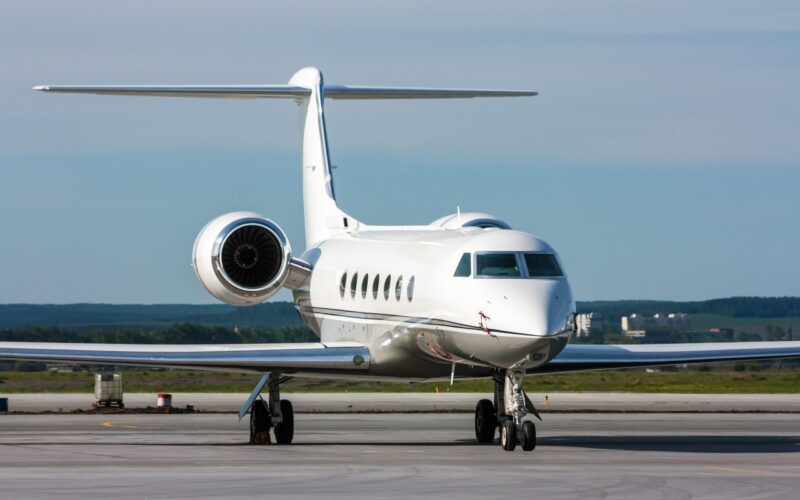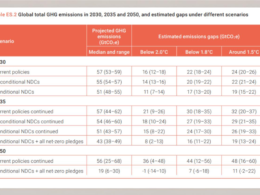Private jet travel’s carbon footprint surged 46 percent from 2019 to 2023, with emissions likely to keep climbing unless regulatory measures are implemented for the ultra-luxury industry, according to new research. The study, conducted by researchers from universities in Sweden, Denmark, and Germany, found that private aviation emissions peaked during the European summer and around major global events such as the World Cup, the Cannes Film Festival, and UN climate summits.
Private jets, often chosen by high-profile individuals, are the most energy-intensive mode of air travel and have become a frequent target of climate activists. In 2023, private aviation contributed 15.6 million tonnes of CO₂ emissions, representing under two percent of total commercial aviation emissions. However, with an estimated user base of only 256,000 people—about 0.003 percent of the global adult population—private jet travel results in far higher per-passenger emissions than commercial flights.
The researchers analysed flight data from around 18.7 million private charters between 2019 and 2023, covering the majority of global private aviation. They found that nearly half of these flights spanned less than 500 kilometers (310 miles), and a substantial number were “empty legs” used to reach pickup points or for deliveries. In some cases, private jets on short trips appear to replace cars for reasons of convenience or time-saving.
The study, published in ‘Communications Earth & Environment’, highlighted that private aviation disproportionately increases emissions per user, especially given that around two-thirds of private jets are based in the US, with the typical passenger boasting a net worth of $123 million.
Key events in 2023, including the Super Bowl, the World Economic Forum in Davos, and COP28 in Dubai, each attracted “hundreds of individual flights” that generated “considerable emissions.” Additionally, summer peaks in private jet activity were noted at luxury destinations like Ibiza and Nice, particularly on weekends.
Forecasts indicate that the private jet industry is set to grow, with the current fleet of 26,000 jets potentially increasing by one-third by 2033. This expansion would further elevate private aviation’s share of global CO₂ emissions. With sustainable aviation fuel usage still limited and many private jet owners showing little intent to adopt it, the study’s authors emphasized the need for regulatory action to curb emissions in the sector.
The study underscored that private air travel represents a “policy challenge” in addressing the affluent’s environmental impact, noting that policymakers remain hesitant to target high-wealth individuals and powerful groups.





















